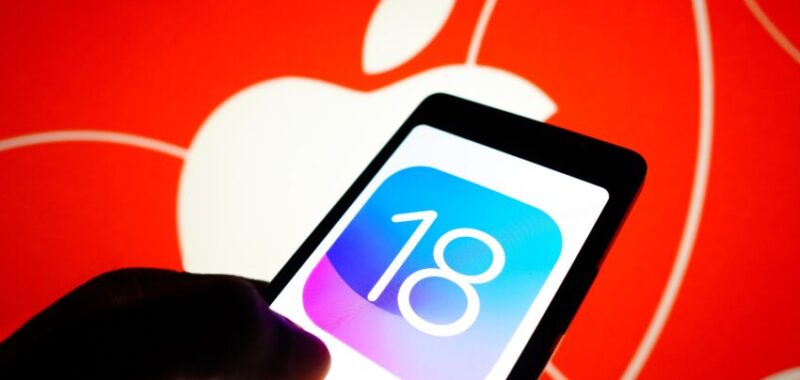Apple is on the brink of transforming how you use your iPhone with the introduction of “Apple Intelligence,” a suite of AI-powered features set to debut in iOS 18.
At the forefront of this development is a revamped Siri, now enhanced through a partnership with OpenAI, the company behind ChatGPT. This new iteration promises to make your interactions with your iPhone more intuitive and personalised, but it also raises important questions about data privacy.
What is apple intelligence and when is it arriving?
Apple Intelligence is the umbrella term for the AI enhancements coming to iPhones with iOS 18. The initial iOS 18 update will roll out with the launch of the iPhone 16 in September, but the AI features, including ChatGPT-4o integration, will be introduced in the iOS 18.1 update expected in October.
Among the first features users can expect are improved writing tools, suggested replies in Messages, email summarisation, and phone call transcription. Additionally, Siri will become smarter, integrating more deeply with your apps to offer contextual responses based on your personal data, such as messages, emails, and calendar entries. Later updates will bring creative tools like Image Playground and custom emoji, known as Genmoji.
These AI capabilities will only be available on newer devices, specifically the iPhone 15 or later, or any Apple device equipped with the M1 or M2 chip.
How will this change your iPhone usage?
The gradual rollout of Apple Intelligence means that changes to your iPhone experience will be subtle at first. However, once the features are fully enabled, you should notice a more personalised and efficient experience. For instance, you might find the email summarisation tool useful for managing your inbox on the go, or appreciate the ability to transcribe phone calls with the other party’s consent.
Apple’s AI assistant will also gain the ability to follow conversations more naturally, remembering previous interactions to provide more relevant responses. A new visual indicator around the Siri icon will alert you when it is listening, offering greater transparency.
However, as with any new technology, there may be some initial glitches. Apple’s CEO, Tim Cook, has acknowledged that while the AI is expected to perform well, there’s no guarantee that it will be flawless from the start.
How does siri’s chatgpt integration differ from the ChatGPT app?
When you use Siri’s ChatGPT integration, Apple serves as a privacy-focused intermediary. Unlike direct use of the ChatGPT app, where your queries go straight to OpenAI’s servers, Siri first tries to handle requests on your device. If that’s not possible, some data may be sent to Apple’s servers, but it is encrypted and anonymised before being passed on to ChatGPT.
This extra layer of privacy protection is a key difference, ensuring that your data is better shielded than it would be when using ChatGPT directly. Additionally, users can access the GPT-4o powered Siri without needing to create an account, though those with ChatGPT subscriptions can connect their accounts for added features.
Are your conversations tracked or stored?
Apple has emphasised that privacy is central to Apple Intelligence. Most processing will occur on your device, meaning data typically remains on your iPhone. For more complex requests requiring cloud processing, Apple will anonymise and encrypt your data before sending it to its servers or to ChatGPT.
While Apple asserts that it won’t store requests linked to you, there is always a small risk that highly specific queries could potentially be connected back to you. To address this, Apple is introducing the Apple Intelligence Report, a feature that provides a detailed breakdown of how your Siri requests were processed, ensuring transparency.
Despite these safeguards, the need for AI to access vast amounts of information means that enabling Apple Intelligence will require Apple to have more access to your personal data, including messages, calendar events, location, and photos.
Can you opt out?
Yes, participation in Apple Intelligence is entirely optional. The AI features will be disabled by default, and you will need to enable them manually in the Settings. This ensures that if you have concerns about privacy or the utility of these new features, you are not obliged to use them.

